Last Updated on November 10, 2023 by BiblioLifestyle
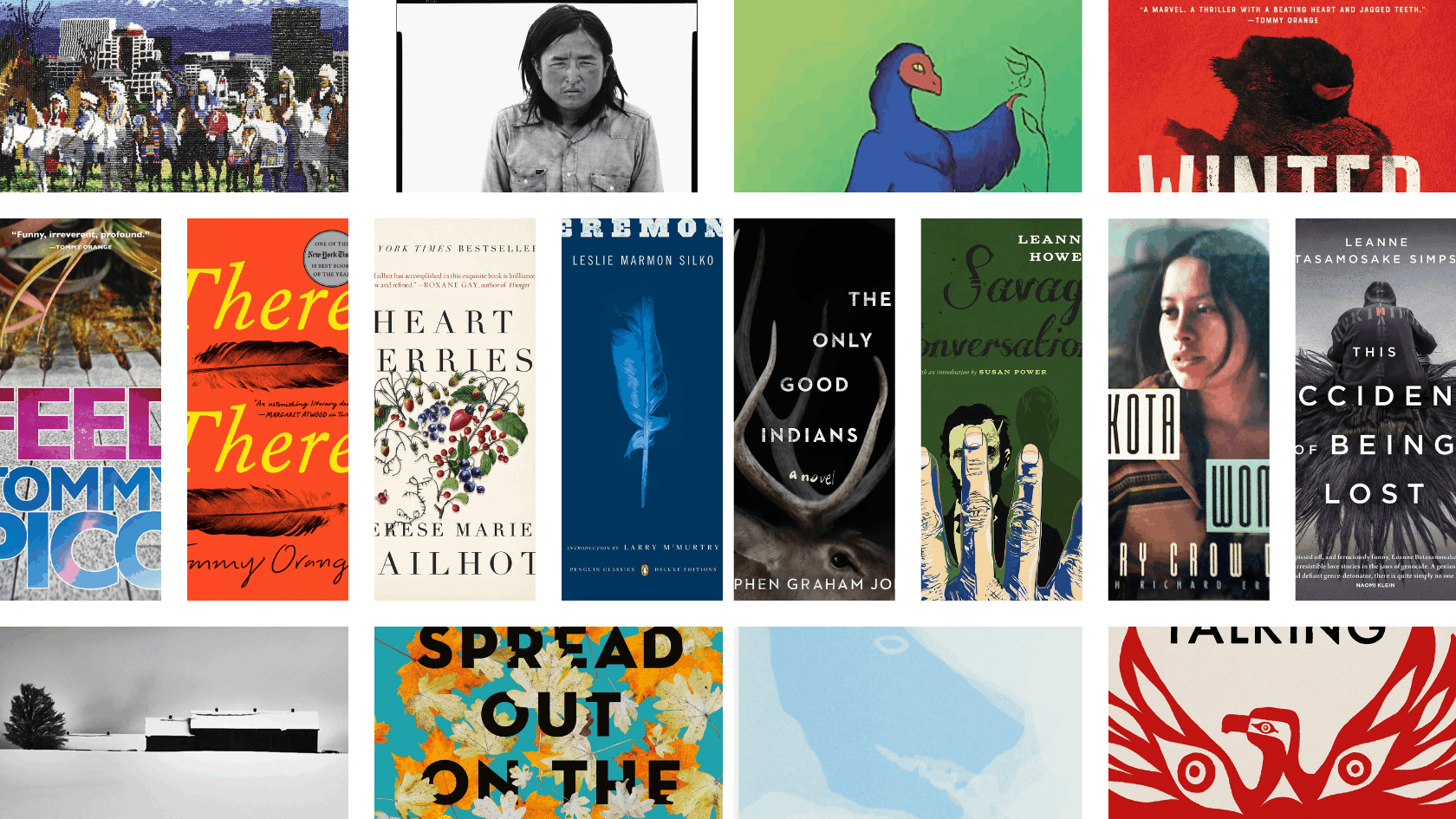
Dive into the rich tapestry of Indigenous storytelling with this handpicked selection of books crafted by talented Indigenous authors. Reading books by Indigenous authors should be something we strive to do all year long, but November (National Native American Heritage Month) is a great time to add some Indigenous books to your bookshelves. This list showcases an array of narratives that provide a glimpse into the diverse cultures, histories, and experiences of Indigenous communities. From riveting novels and poignant nonfiction, these books by Indigenous authors are a must-read, inviting you to broaden your horizons and deepen your understanding of the world.
This list is meant to serve as a jumping-off point to help broaden your perspective as well as your reading list. There is a lot of variety here — some of these books are a few decades old, and others were recently published. Either way, I hope you will find and enjoy a new to you book from this list!
RELATED:
- We recommend checking out the Indigenous Peoples Movement if you’re interested in taking direct action to support Indigenous rights and culture.
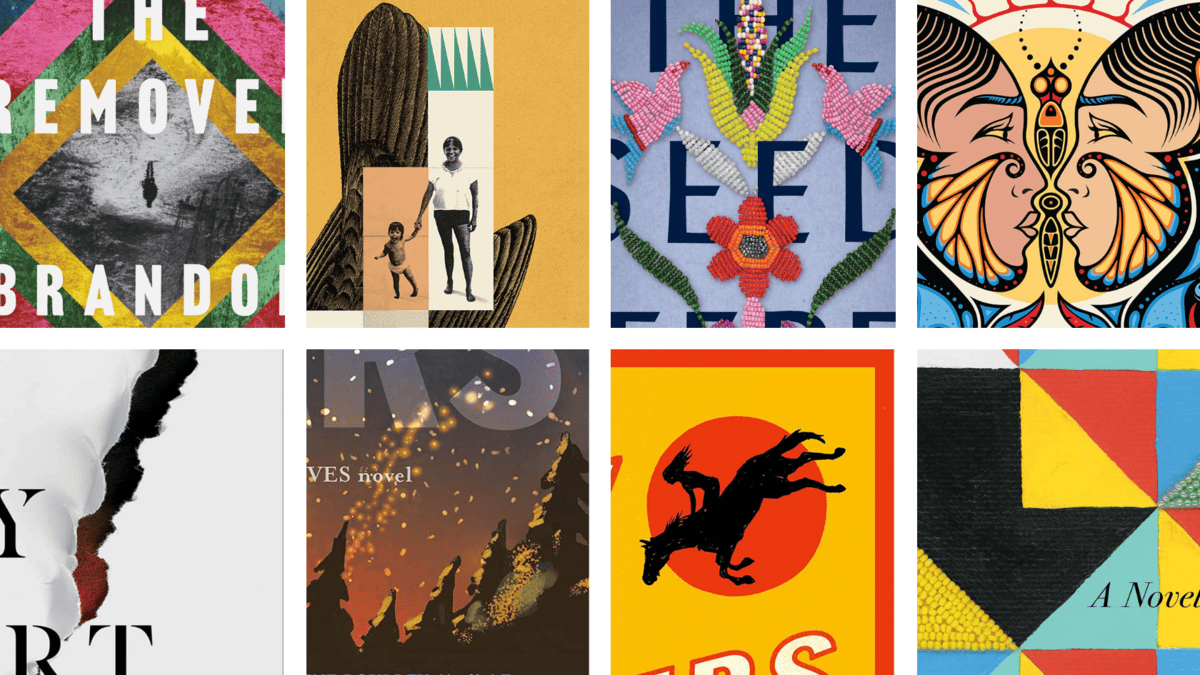
35 Must Read Books By Indigenous Authors To Add To Your Reading List
NONFICTION BOOKS BY INDIGENOUS AUTHORS
- The Seven Circles: Indigenous Teachings for Living Well by Chelsey Luger, Thosh Collins
- Heart Berries by Terese Mailhot
- The Dreaming Path : Indigenous Ideas to Help Us Change the World by Paul Callaghan, Uncle Paul Gordon
- Red Paint: The Ancestral Autobiography of a Coast Salish Punk by Sasha LaPointe
- Lakota Woman by Mary Crow Dog
SHORT STORIES AND ANTHOLOGIES BY INDIGENOUS AUTHORS
- The Beadworkers by Beth Piatote
- Never Whistle at Night : An Indigenous Dark Fiction Anthology Edited by Shane Hawk, Theodore C. Van Alst Jr.
POETRY BY INDIGENOUS AUTHORS
- Eyes Bottle Dark With A Mouthful of Flowers by Jake Skeets
- IRL by Tommy Pico
- Poukahangatus by Tayi Tibble
FICTION BOOKS BY INDIGENOUS AUTHORS
- Where the Dead Sit Talking by Brandon Hobson
- The Removed by Brandon Hobson
- Probably Ruby by Lisa Bird-Wilson
- Dog Flowers by Danielle Geller
- The Seed Keeper by Diane Wilson
- Firekeeper’s Daughter by Angeline Boulley
- The Only Good Indians by Stephen Graham Jones
- My Heart Is a Chainsaw by Stephen Graham Jones
- Don’t Fear the Reaper by Stephen Graham Jones
- Ceremony by Leslie Marmon Silko
- When Two Feathers Fell From the Sky by Margaret Verble
- Future Home of a Living God by Louise Erdrich
- The Night Watchman by Louise Erdrich
- The Sentence by Louise Erdrich
- Benevolence by Julie Janson
- White Horse by Erika T. Wurth
- A Mind Spread Out on the Ground by Alicia Elliott
- And Then She Fell by Alicia Elliott
- Winter Counts by David Heska Wanbli Weiden
- There There by Tommy Orange
- Savage Conversations by LeAnne Howe
- Indian Horse by Richard Wagamese
- The Accident of Being Lost by Leanne Betasamosake Simpson
- Winter in the Blood by James Welch
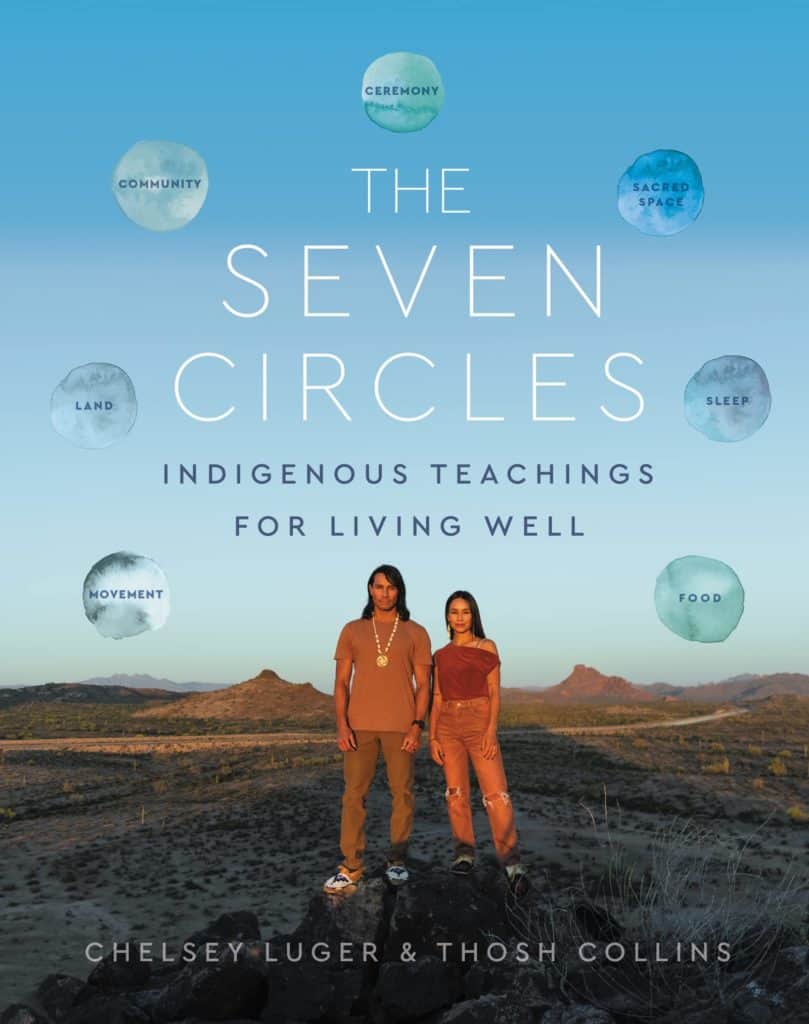
The Seven Circles: Indigenous Teachings for Living Well by Chelsey Luger, Thosh Collins
In this revolutionary self-help guide, two beloved Native American wellness activists offer wisdom for achieving spiritual, physical, and emotional wellbeing rooted in Indigenous ancestral knowledge.
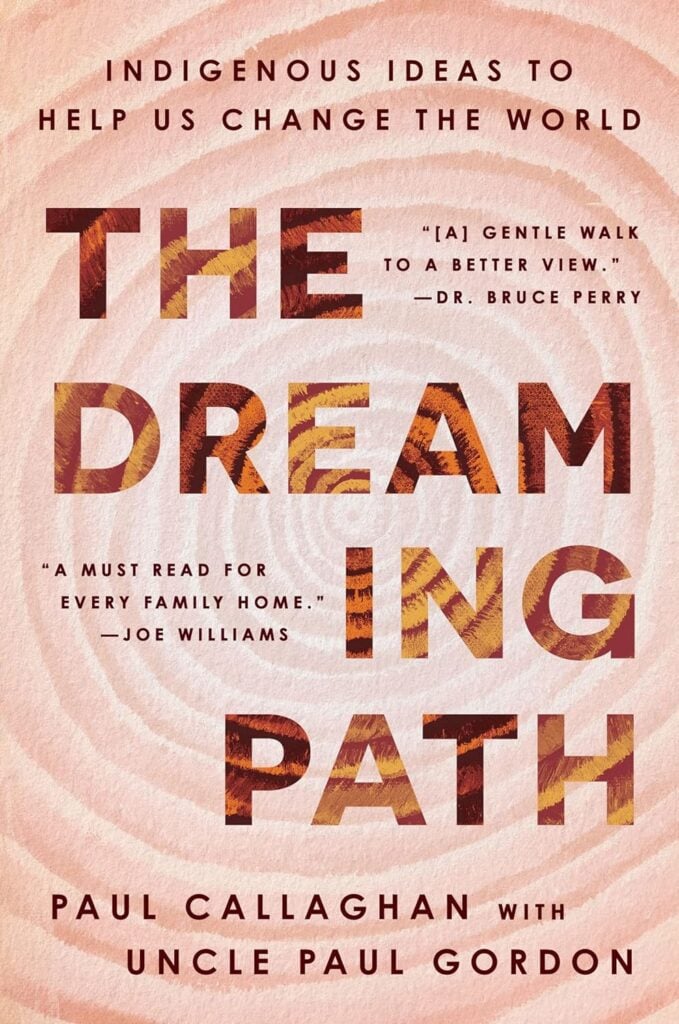
The Dreaming Path : Indigenous Ideas to Help Us Change the World by Paul Callaghan, Uncle Paul Gordon
Drawing on ancient Aboriginal wisdom, a leading Indigenous Australian healer and an Elder show you how to find contentment, purpose, and healing by learning to reconnect with your story—and ultimately the universe.
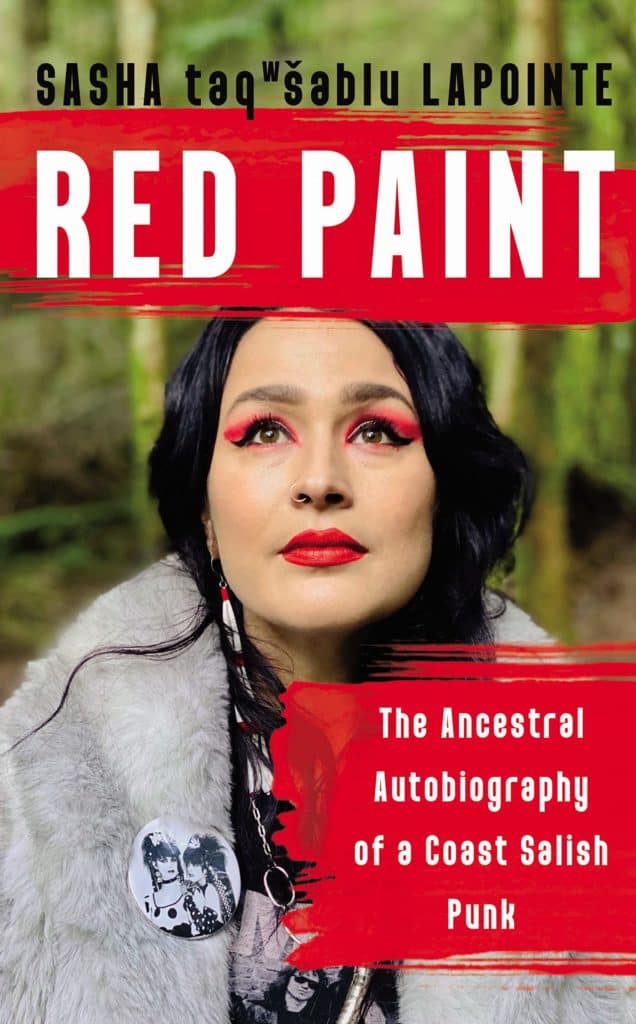
Red Paint: The Ancestral Autobiography of a Coast Salish Punk by Sasha LaPointe
An Indigenous artist blends the aesthetics of punk rock with the traditional spiritual practices of the women in her lineage in this bold, contemporary journey to reclaim her heritage and unleash her power and voice while searching for a permanent home.
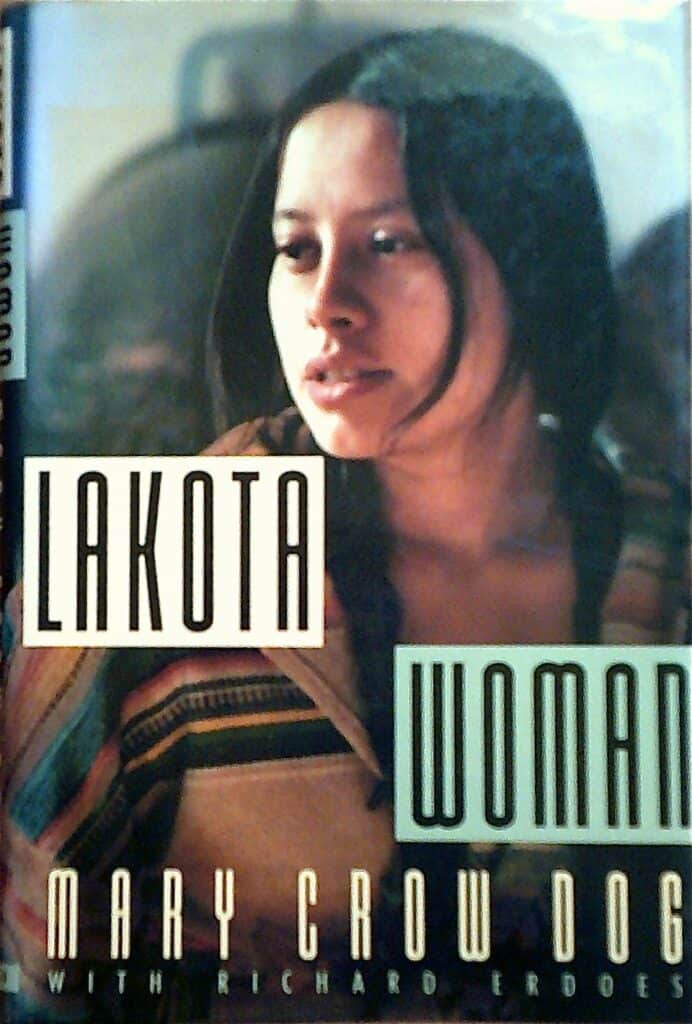
Lakota Woman by Mary Crow Dog
Originally published in 1990, Lakota Woman was a national best seller and the American Book Award winner. It is a unique document, unparalleled in American Indian literature, a story of death, of determination against all odds, of the cruelties perpetuated against American Indians, and of the Native American struggle for rights.
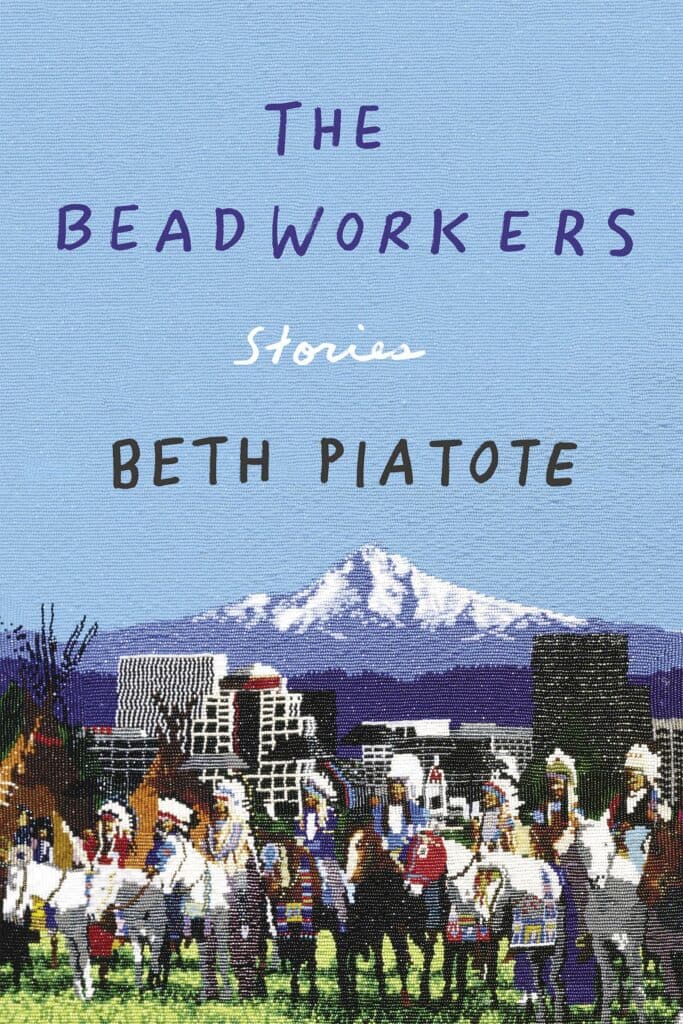
The Beadworkers by Beth Piatote
Beth Piatote’s luminous debut collection opens with a feast, grounding its stories in the landscapes and lifeworlds of the Native Northwest, exploring the inventive and unforgettable pattern of Native American life in the contemporary world.
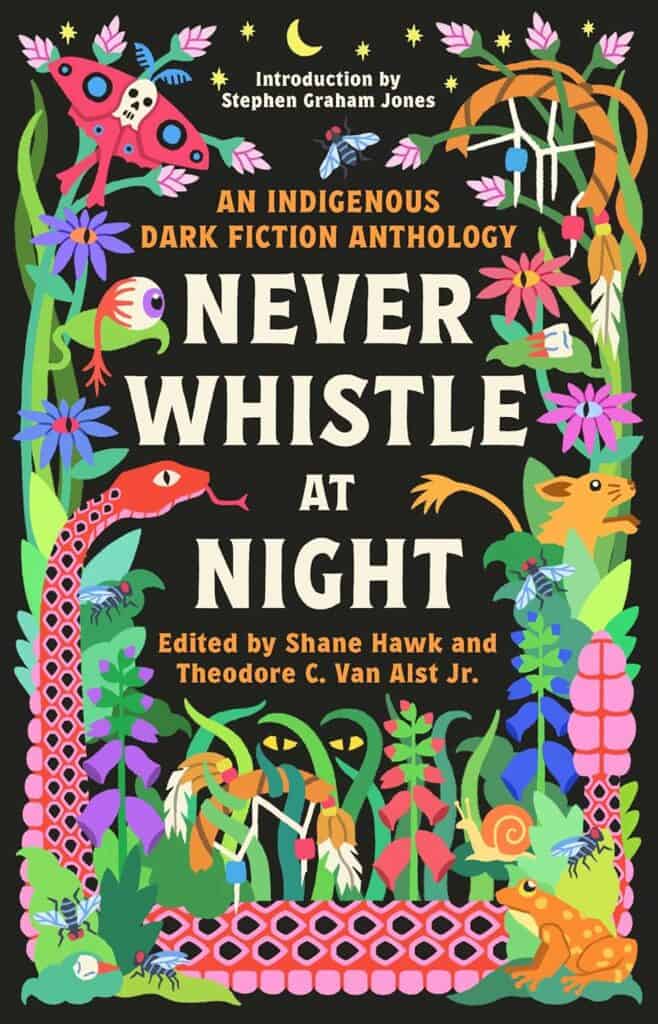
Never Whistle at Night : An Indigenous Dark Fiction Anthology Edited by Shane Hawk, Theodore C. Van Alst Jr.
A bold, clever, and sublimely sinister collection of horror, fantasy, science fiction, and gritty crime by both new and established Indigenous authors that dares to ask the question: “Are you ready to be un-settled?”
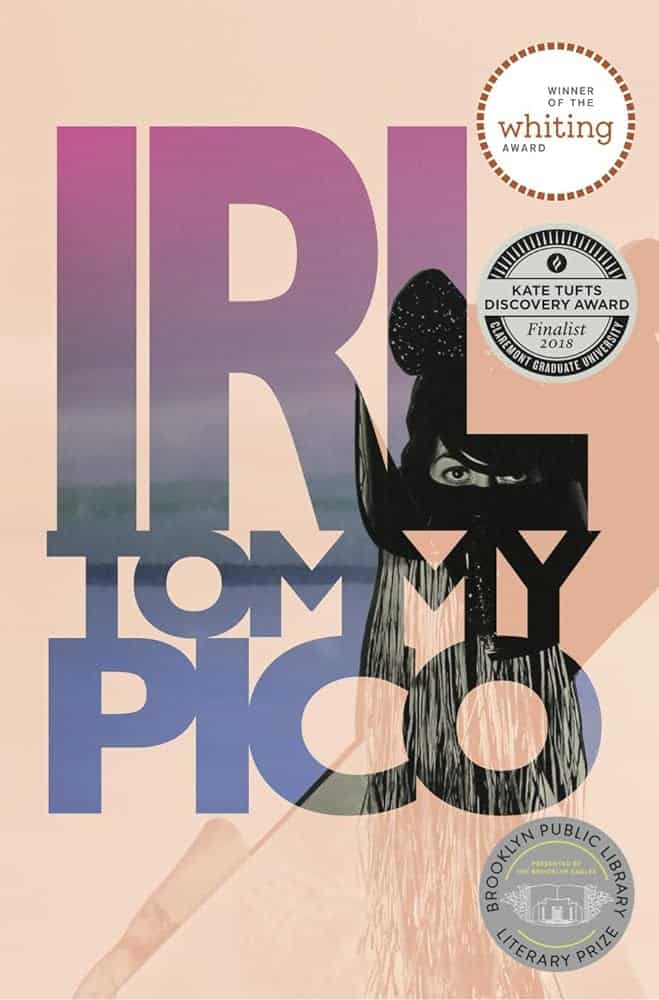
IRL by Tommy Pico
IRL is a sweaty, summertime poem composed like a long text message, rooted in the epic tradition of A.R. Ammons, ancient Kumeyaay Bird Songs, and Beyoncé’s visual albums. It follows Teebs, a reservation-born, queer NDN weirdo, trying to figure out his impulses/desires/history in the midst of Brooklyn rooftops, privacy in the age of the Internet, street harassment, suicide, boys boys boys, literature, colonialism, religion, leaving one’s 20s, and a love/hate relationship with English.
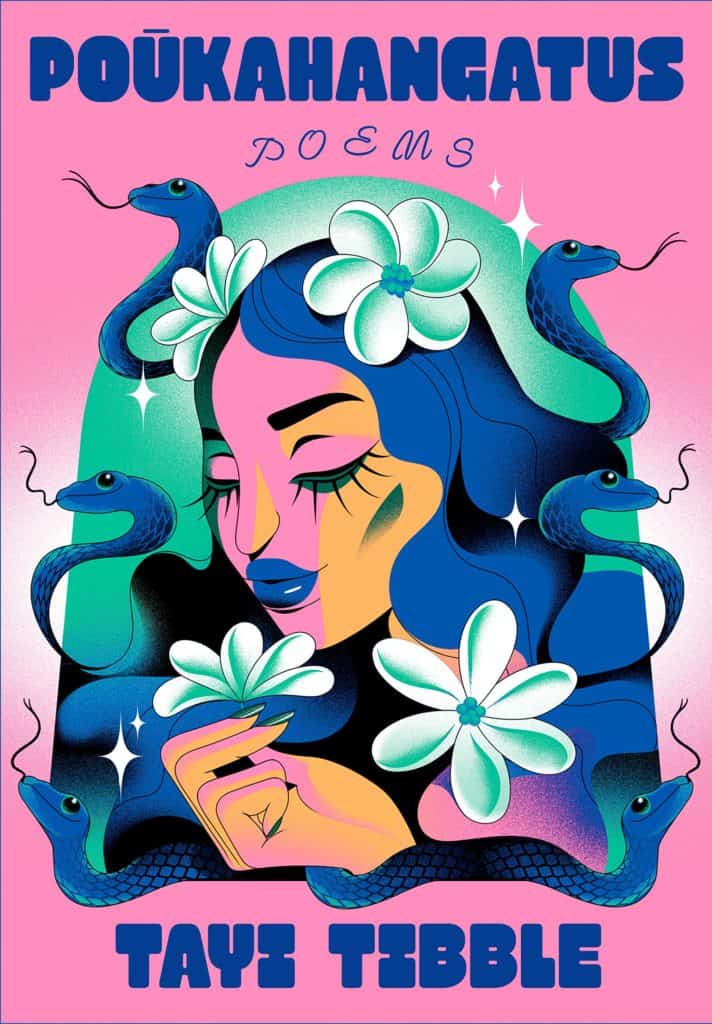
Poukahangatus by Tayi Tibble
The American debut of an acclaimed young poet as she explores her identity as a twenty-first-century Indigenous woman. Poem by poem, Tibble carves out a bold new way of engaging history, of straddling modernity and ancestry, desire and exploitation.
Read author Brandon Hobson
Where the Dead Sit Talking by Brandon Hobson
Set in rural Oklahoma during the late 1980s, Where the Dead Sit Talking is a stunning and lyrical Native American coming-of-age story.
The Removed by Brandon Hobson
Steeped in Cherokee myths and history, a novel about a fractured family reckoning with the tragic death of their son long ago—from National Book Award finalist Brandon Hobson.
Read author Stephen Graham Jones
The Only Good Indians by Stephen Graham Jones
Seamlessly blending classic horror and a dramatic narrative with sharp social commentary. The Only Good Indians follow four American Indian men after a disturbing event from their youth puts them in a desperate struggle for their lives. Tracked by an entity bent on revenge, these childhood friends are helpless as the culture and traditions they left behind to catch up to them in a violent, vengeful way.
My Heart Is a Chainsaw by Stephen Graham Jones
In her quickly gentrifying rural lake town Jade sees recent events only her encyclopedic knowledge of horror films could have prepared her for in this latest novel from the Jordan Peele of horror literature, New York Times bestselling author Stephen Graham Jones.
Don’t Fear the Reaper by Stephen Graham Jones
December 12th, 2019, Jade returns to the rural lake town of Proofrock the same day as convicted Indigenous serial killer Dark Mill South escapes into town to complete his revenge killings in this riveting sequel to My Heart Is a Chainsaw from New York Times bestselling author, Stephen Graham Jones.
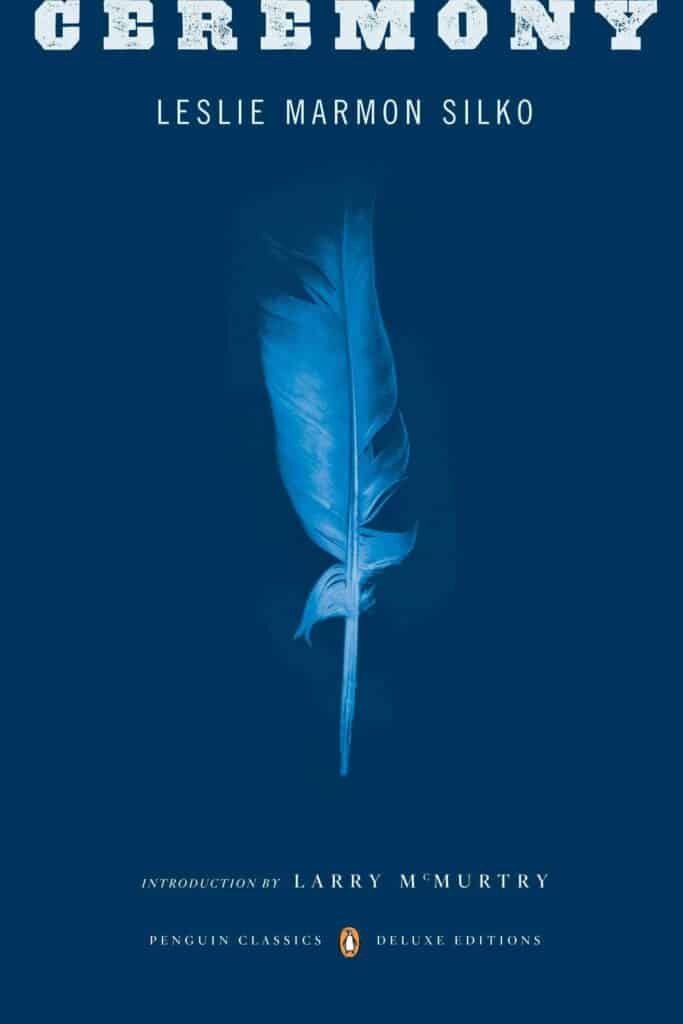
Ceremony by Leslie Marmon Silko
More than thirty-five years since its original publication, Ceremony remains one of the most profound and moving works of Native American literature. It’s a novel that is a healing ceremony as a battered veteran returns home to heal his mind and spirit.
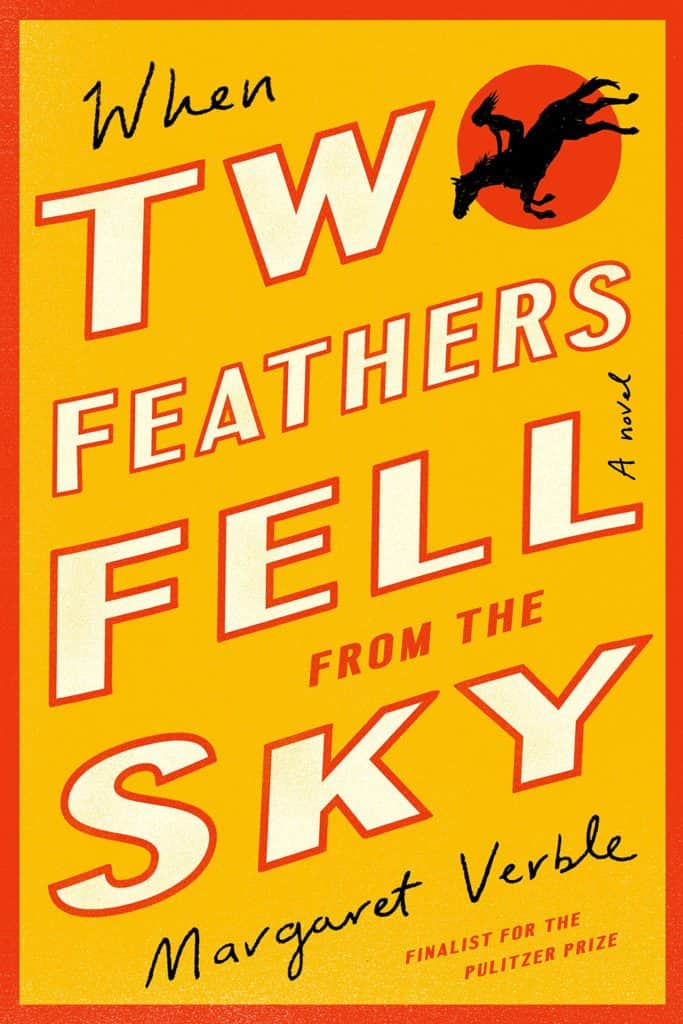
When Two Feathers Fell From the Sky by Margaret Verble
A gripping, gut-punch of a novel about a Cherokee child removed from her family and sent to a Christian boarding school in the 1950s—an ambitious, eye-opening reckoning of history and small-town prejudices from Pulitzer Prize finalist Margaret Verble.
Read author Louise Erdrich
Future Home of a Living God by Louise Erdrich
Louise Erdrich, the New York Times bestselling, National Book Award-winning author of LaRose and The Round House, paints a startling portrait of a young woman fighting for her life and her unborn child against oppressive forces that manifest in the wake of a cataclysmic event.
The Night Watchman by Louise Erdrich
Based on the extraordinary life of National Book Award-winning author Louise Erdrich’s grandfather who worked as a night watchman and carried the fight against Native dispossession from rural North Dakota all the way to Washington, D.C., this powerful novel explores themes of love and death with lightness and gravity and unfolds with the elegant prose, sly humor, and depth of feeling of a master craftsman.
The Sentence by Louise Erdrich
In this stunning and timely novel, Pulitzer Prize and National Book Award-winning author Louise Erdrich creates a wickedly funny ghost story, a tale of passion, of a complex marriage, and of a woman’s relentless errors.
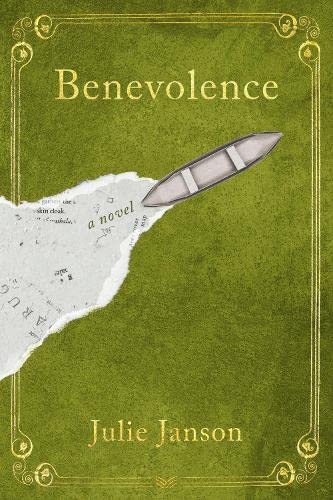
Benevolence by Julie Janson
Blending the mythical power of Téa Obreht and the epic scope of Min Jin Lee, a searing historical novel that tells a story of colonization, survival, and resistance in a way never done before–a beautiful, brilliant, and brutal reimagining of the first contact between Indigenous people and white British settlers and the far-reaching consequences for one Aboriginal girl coming of age in an unsteady and dangerous world.
Read author Alicia Elliott
A Mind Spread Out on the Ground by Alicia Elliott
Elliott’s deeply personal writing details a life spent between Indigenous and white communities. This divide is reflected in her own family, and engages with such wide-ranging topics as race, parenthood, love, art, mental illness, poverty, sexual assault, gentrification, and representation. Throughout, she makes thrilling connections both large and small between the past and present, the personal and political.
And Then She Fell by Alicia Elliott
A mind-bending, razor-sharp look at motherhood and mental health that follows a young Indigenous woman who discovers the picture-perfect life she always hoped for may have horrifying consequences.
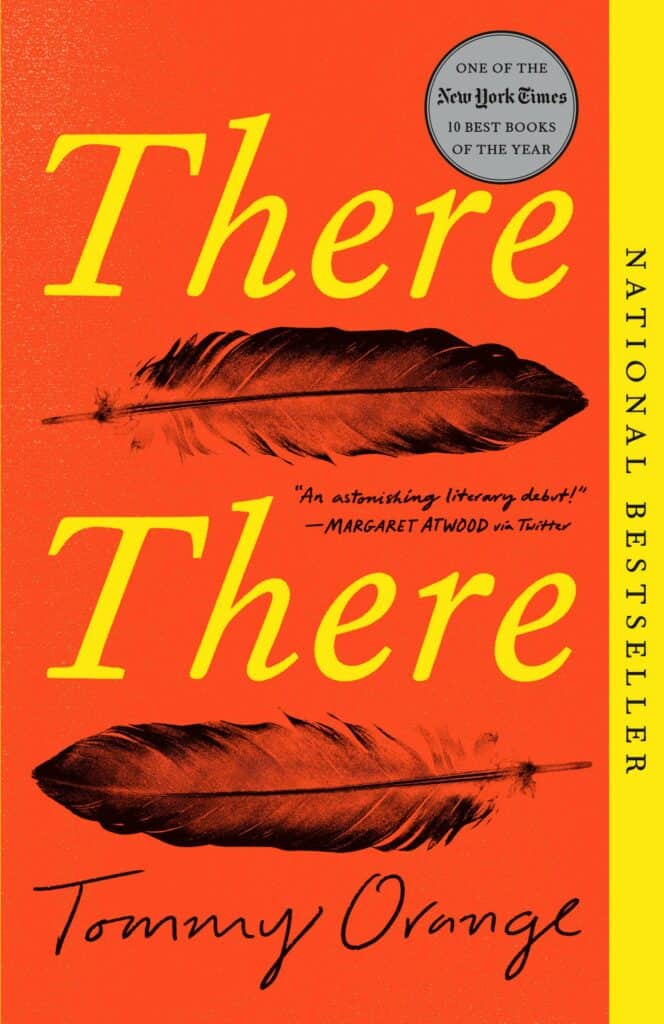
There There by Tommy Orange
A chorus of voices tells of the plight of the urban Native Americans. Grappling with a complex and painful history, an inheritance of beauty and spirituality, communion, sacrifice, and heroism. Hailed as an instant classic, There There is poignant, unflinching, utterly contemporary, and truly unforgettable.
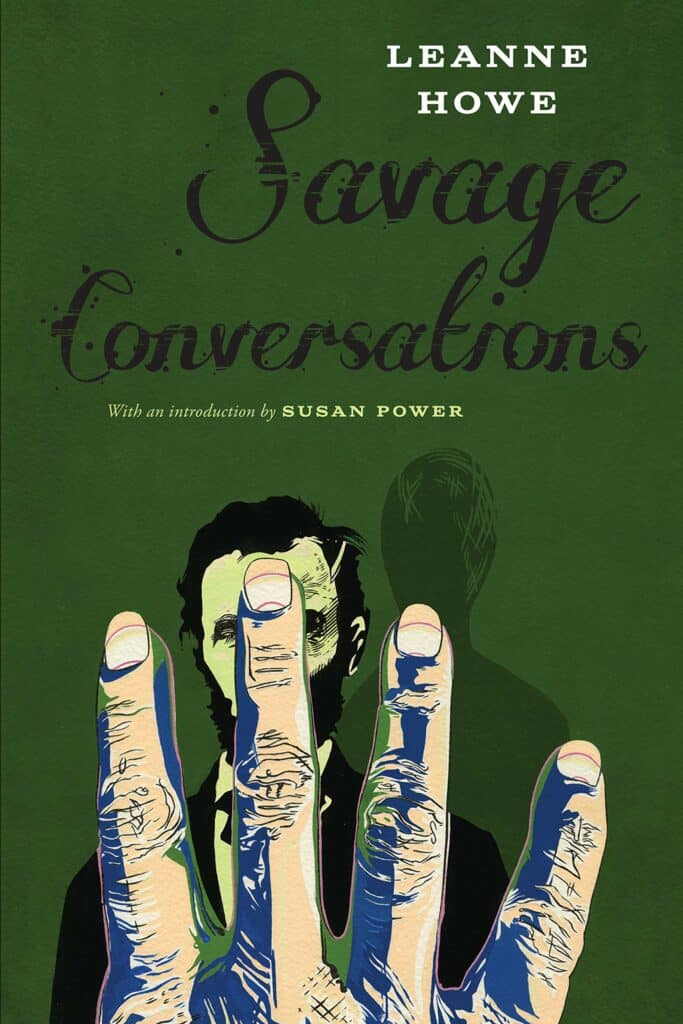
Savage Conversations by LeAnne Howe
May 1875: Mary Todd Lincoln is addicted to opiates and tried in a Chicago court on charges of insanity. Entered into evidence is Ms. Lincoln’s claim that every night a Savage Indian enters her bedroom and slashes her face and scalp. She is swiftly committed to Bellevue Place Sanitarium. Her hauntings may be a reminder that in 1862, President Lincoln ordered the hanging of thirty-eight Dakotas in the largest mass execution in United States history. No one has ever linked the two events–until now.
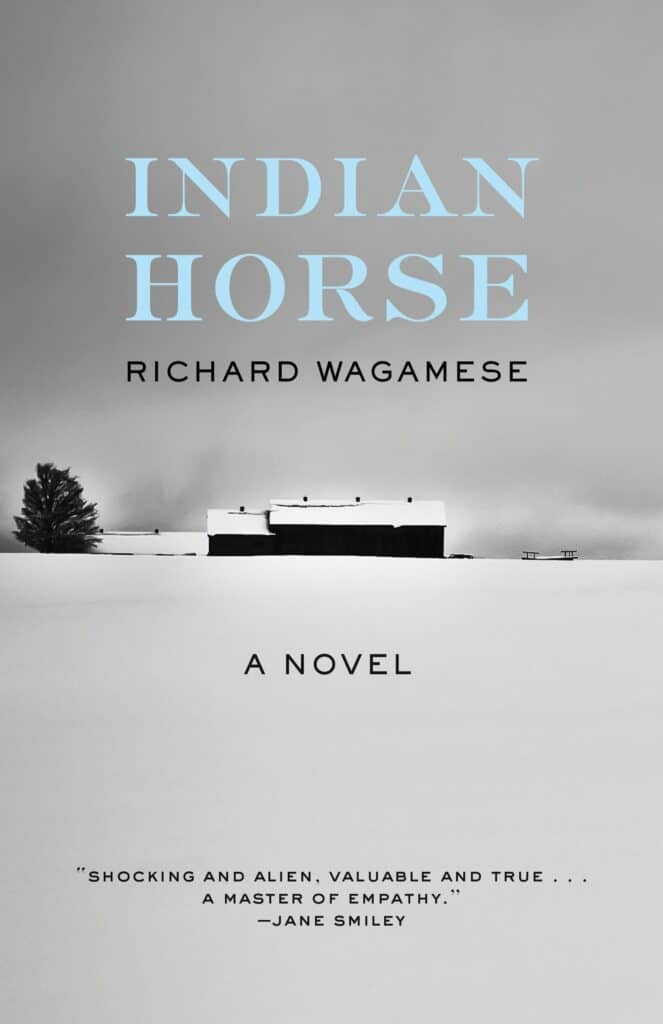
Indian Horse by Richard Wagamese
Saul Indian Horse is a child when his family retreats into the woods. Among the lakes and the cedars, they attempt to reconnect with half-forgotten traditions and hide from the authorities who have been kidnapping Ojibway youth. But when winter approaches, Saul loses everything: his brother, his parents, his beloved grandmother–and then his home itself. Spare and compact yet undeniably rich, Indian Horse is at once a heartbreaking account of a dark chapter in our history and a moving coming-of-age story.
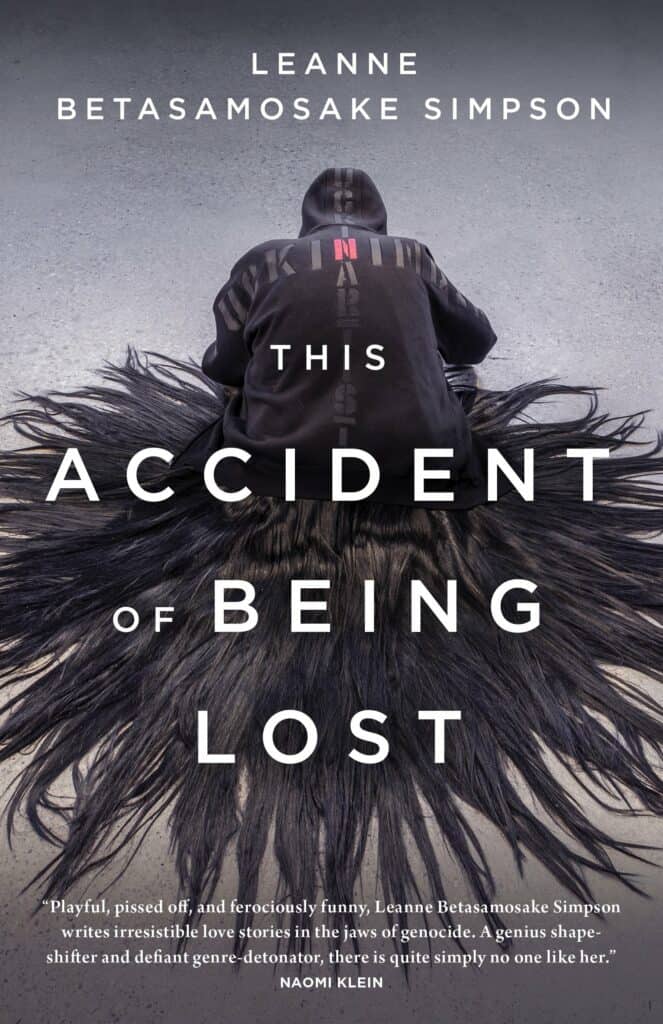
The Accident of Being Lost by Leanne Betasamosake Simpson
Blending elements of Nishnaabeg storytelling, science fiction, contemporary realism, and the lyric voice. This Accident of Being Lost burns with a quiet intensity, like a campfire in your backyard, challenging you to reconsider the world you thought you knew.
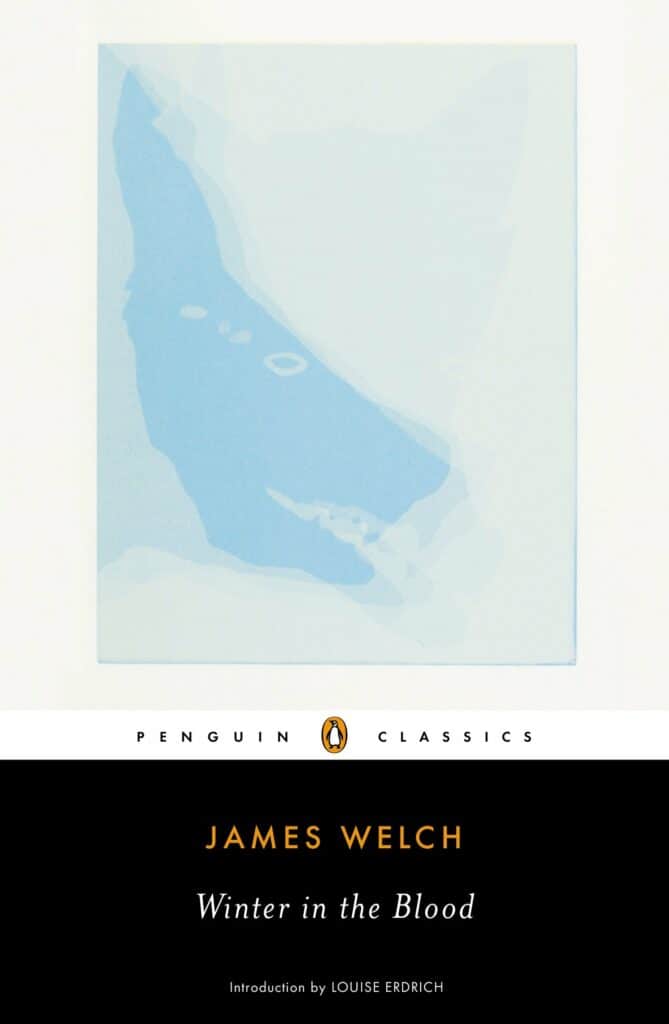
Winter in the Blood by James Welch
The narrator of this beautiful, often disquieting novel is a young Native American man living on the Fort Belknap Reservation in Montana. Sensitive and self-destructive, he searches for something that will bind him to the lands of his ancestors. But is haunted by personal tragedy, the dissolution of his once proud heritage, and Montana’s vast emptiness.
What do you think about the books by Indigenous authors on this list?
Have you read any books from this list? What are your favorite Indigenous books? What books by Indigenous authors would you add to the list? Lets talk about Indigenous literature in the comments.
RELATED:
- We recommend checking out the Indigenous Peoples Movement if you’re interested in taking direct action to support Indigenous rights and culture.
- Check out our article on How To Read More Diversely Consistently

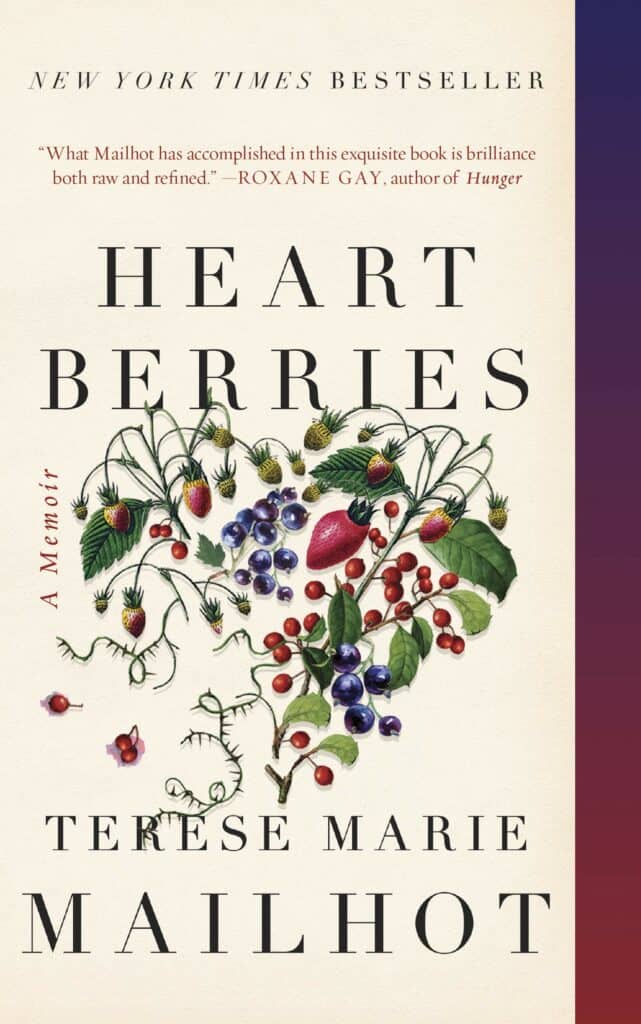
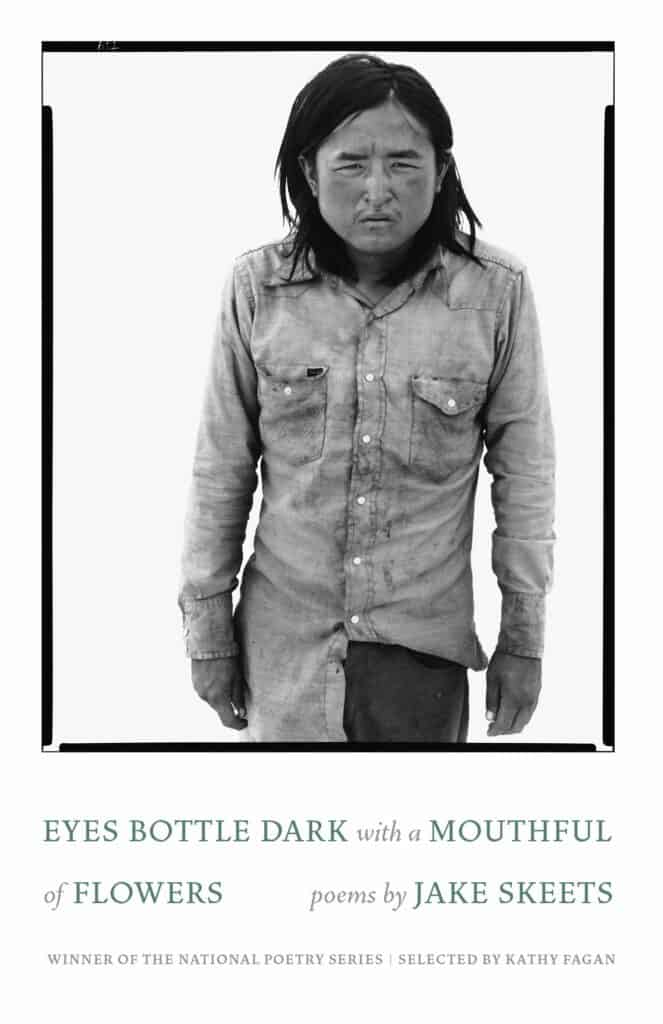
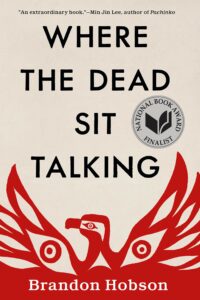
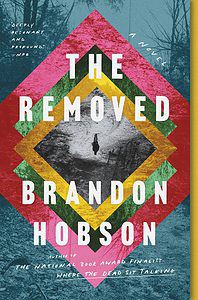
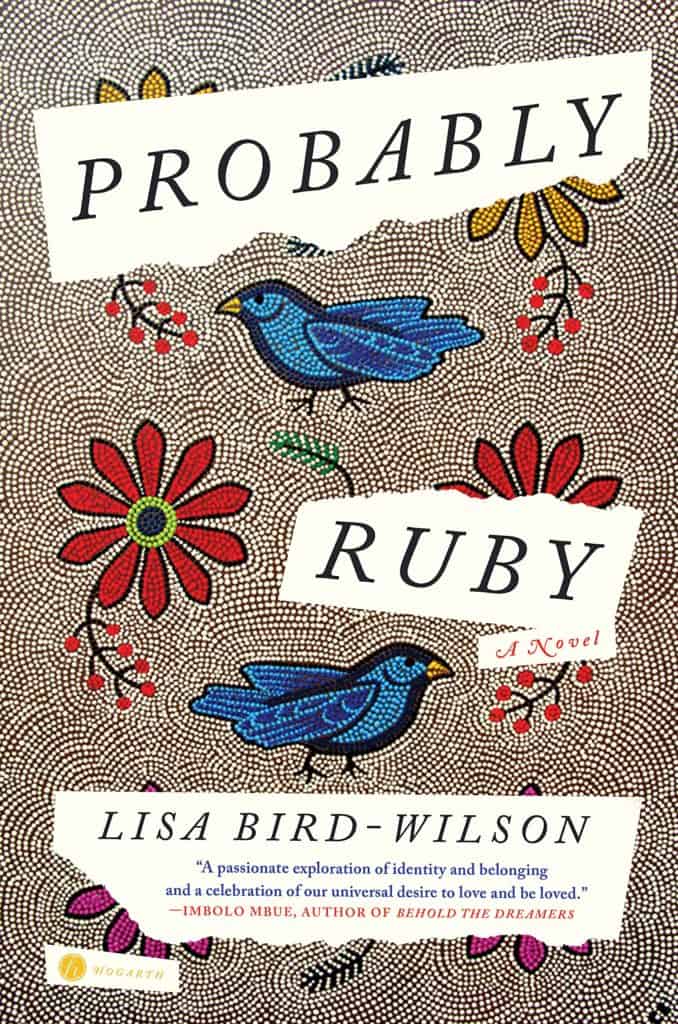
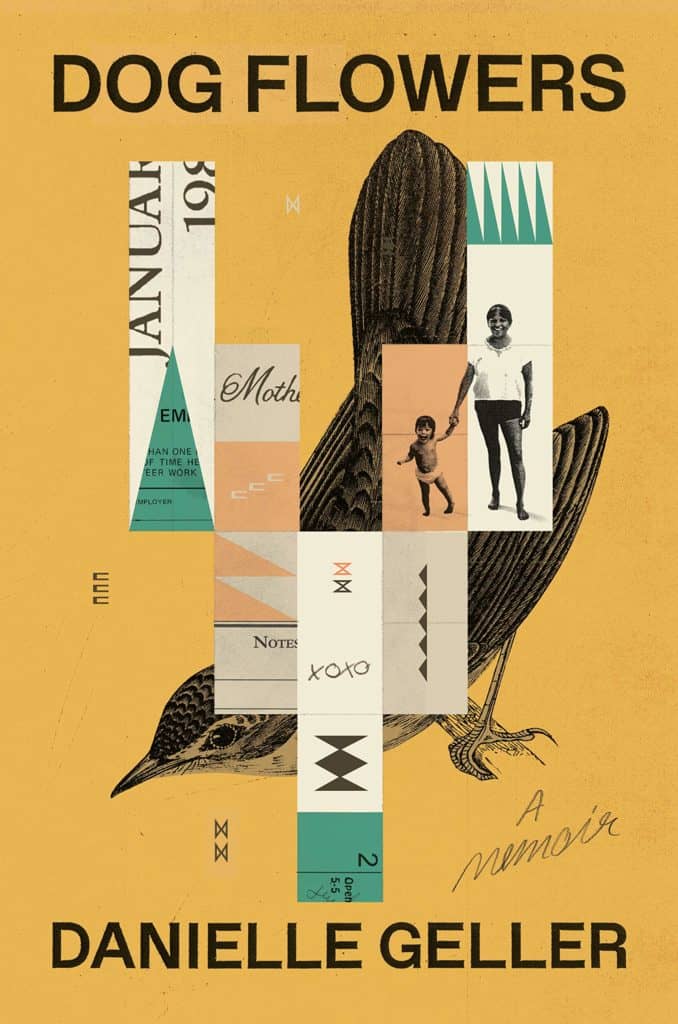
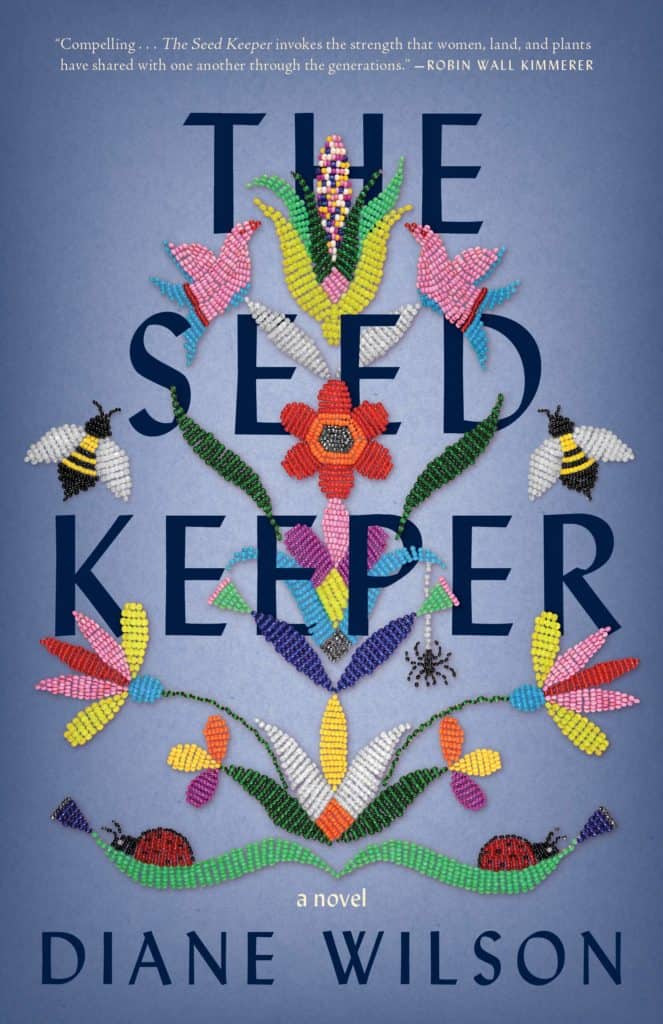
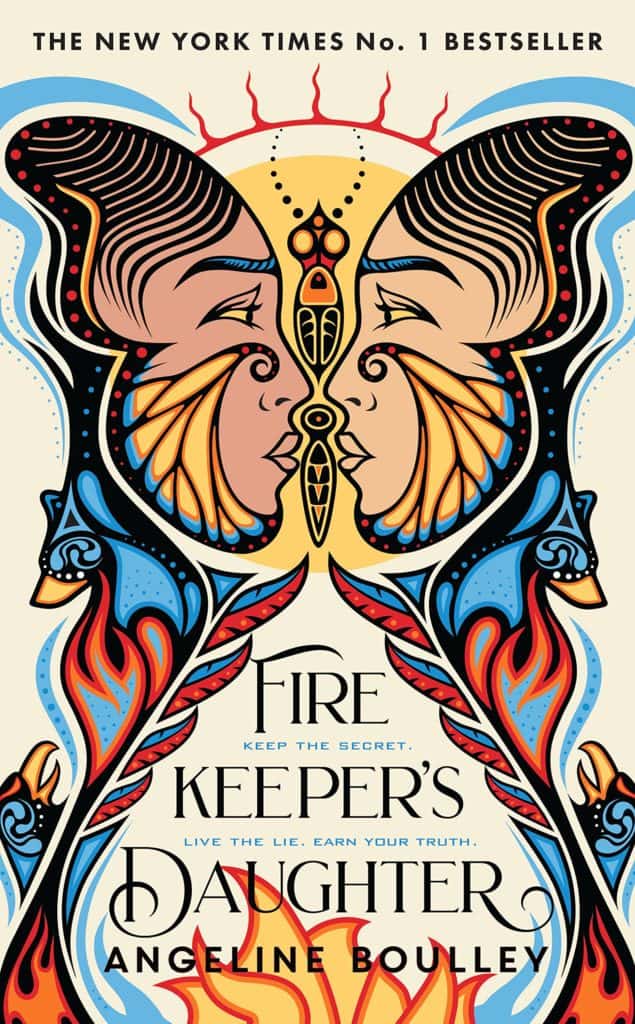
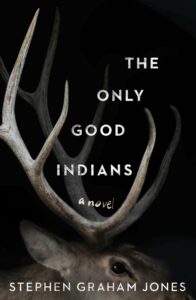
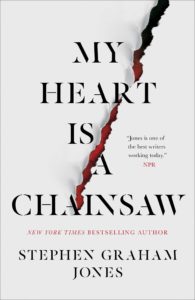
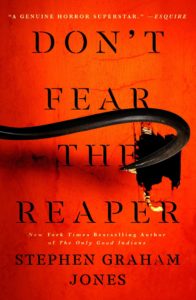
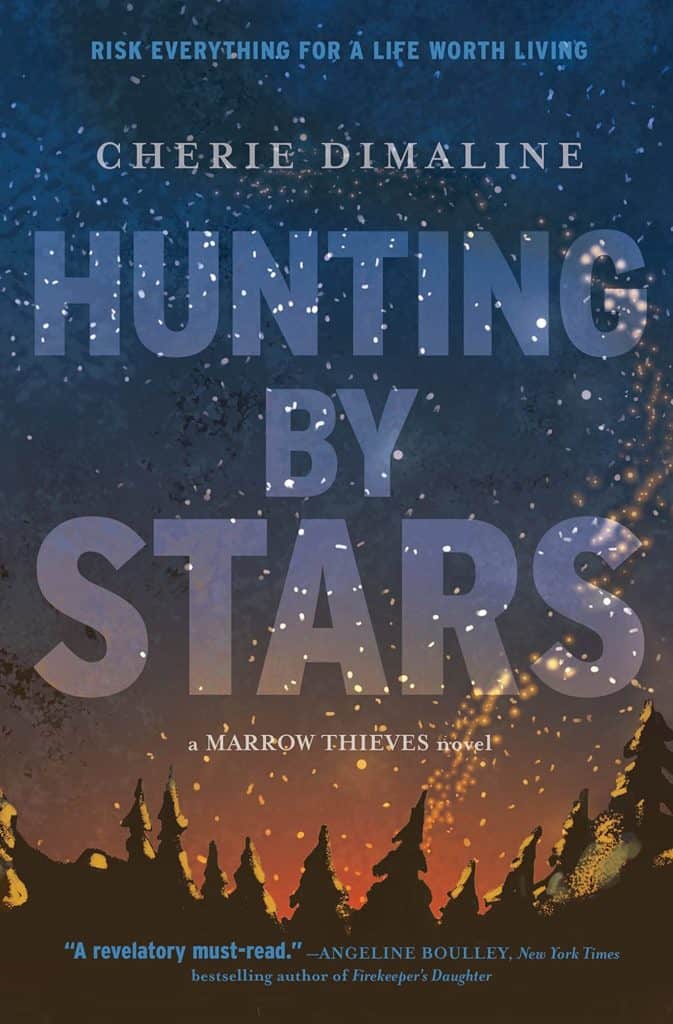

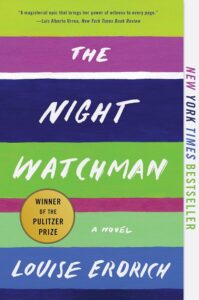
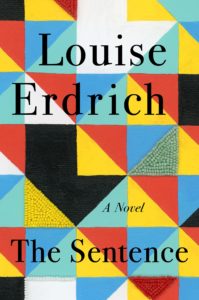
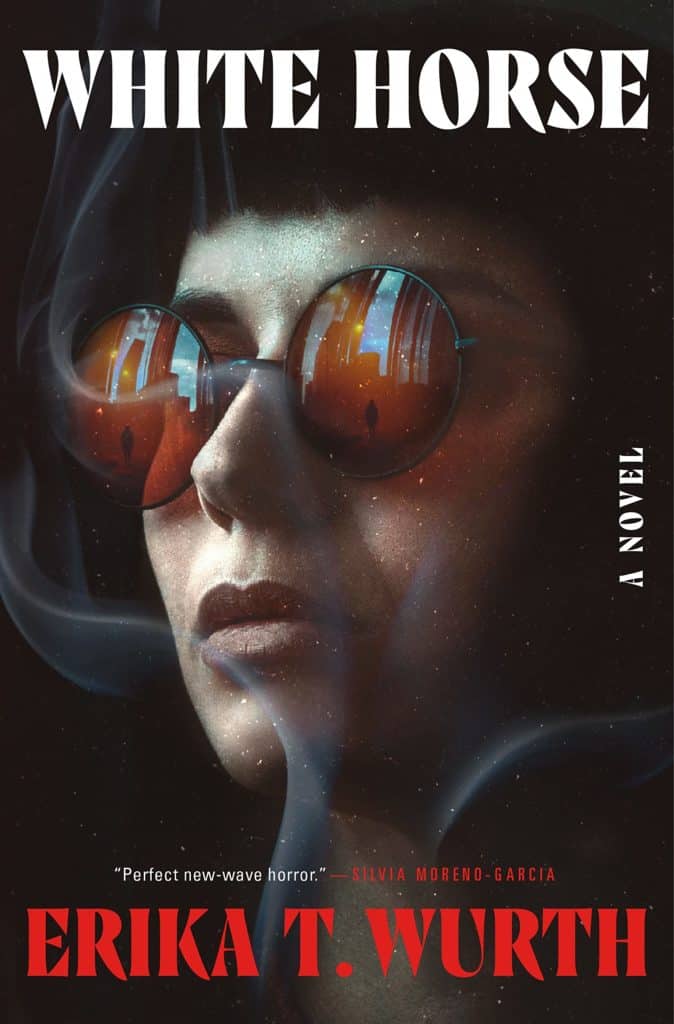
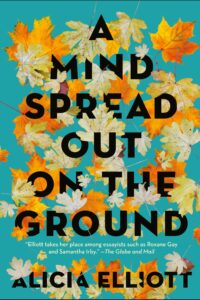
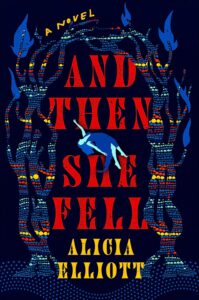
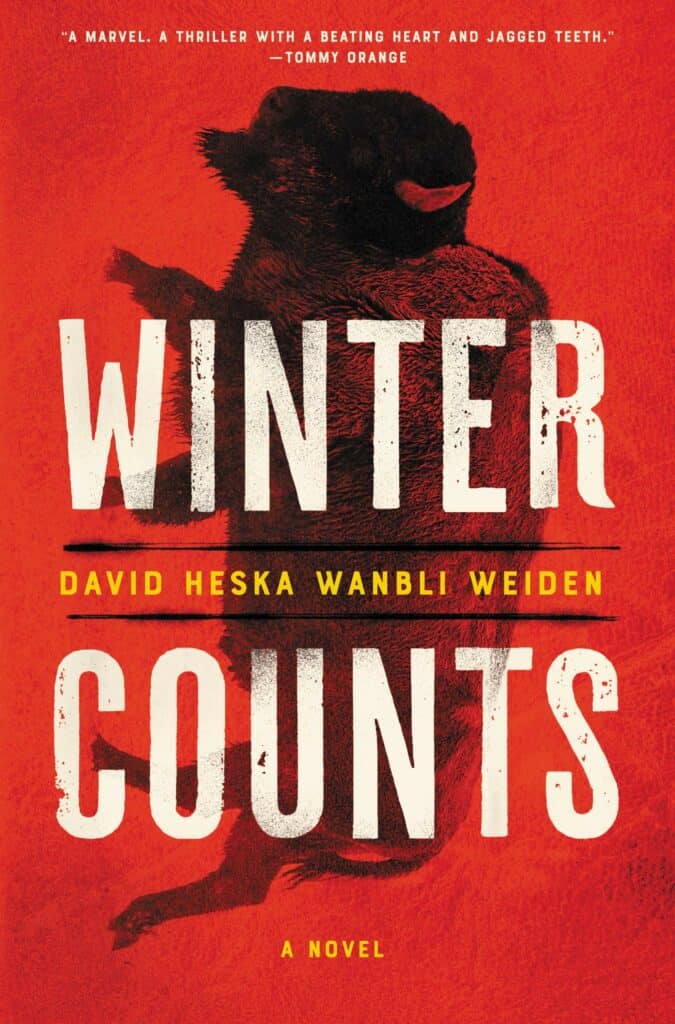



+ show Comments
- Hide Comments
add a comment